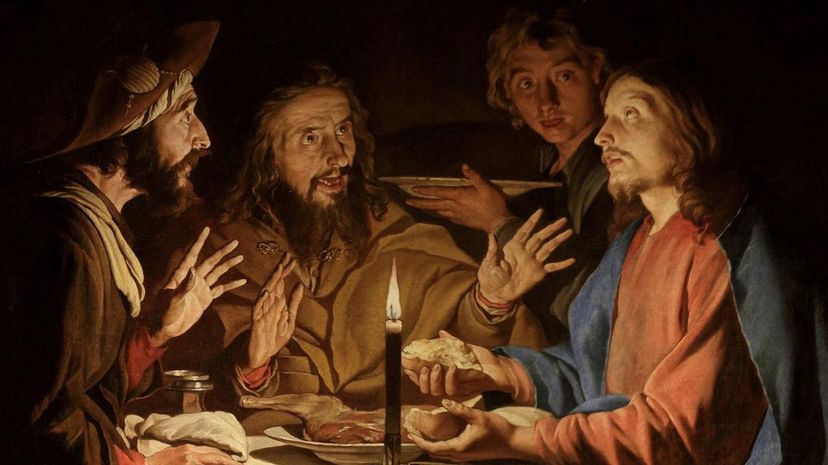
About This Quiz
As anyone who's ever attended Sunday School knows, it's hard to memorize all the books of the Bible! For one, there's so many of them - 66 in Protestant Bibles and 73 in Catholic Bibles. And then there are the long, complicated names, like Deuteronomy, Ecclesiastes
Habakkuk, that don't always roll off the tongue easily. Add to that the fact that many books come in multiple parts, like 1 and 2 Thessalonians and 1, 2 and 3 John, and there's a whole lot to remember!
It helps to break the Bible down into sections. To begin with, there's the Old Testament and the New Testament, which makes categorizing the books a little easier. But the Old Testament, for example, starts with the Torah (also called the Pentateuch), the first five books traditionally attributed to Moses, before moving on to the historical books, the wisdom books and the prophets (major and minor). The New Testament can be broken down in a similar way: the Gospels, the Acts of the Apostles, the Epistles (letters) and Revelation.
Don't be fooled by the decoys in this quiz! Although they include the names of important figures in the Bible, they aren't the real deal. Ready to make your Bible study group proud? See how many of the actual biblical books you can pick out from the phonies!
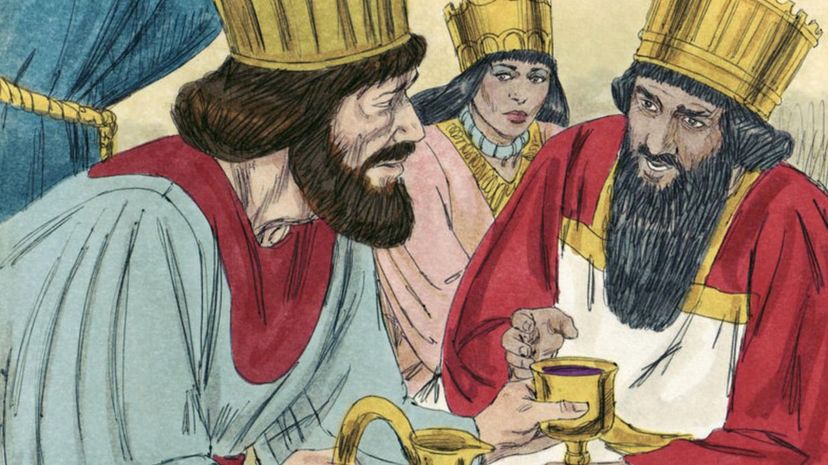
That's right, Nehemiah is one of the books of the Old Testament. Biblical scholars believe Nehemiah was a real person in the 400s BC, a governor of Judea who helped rebuild Jerusalem.

While all these choices are figures in the Bible, only Jonah has a book named after him. Jonah is one of the prophets who foolishly tries to run when God sends him on a mission to prophesy to Nineveh.

Genesis is indeed the first book of the Bible, detailing the creation of the world and God's relationship with the early people, like Adam and Eve, Noah, Abraham and Sarah and Jacob.
Advertisement
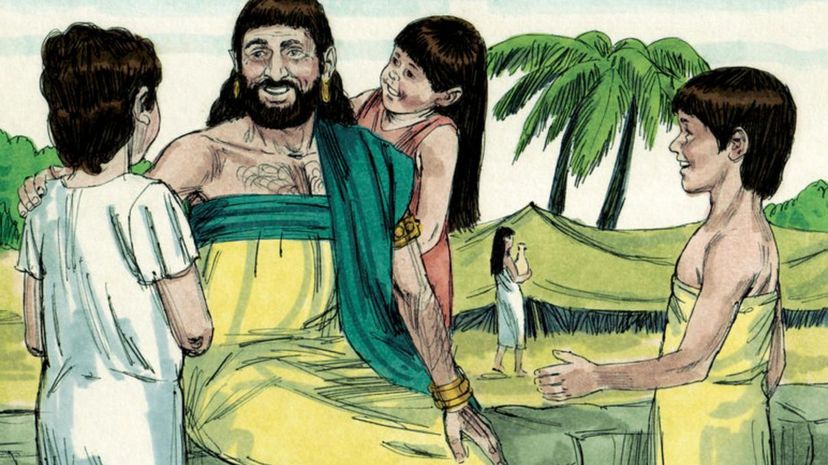
If you got this one right, you must have the patience of Job! Job is about a righteous man who, despite a series of calamities, including illness and death, never curses God for his misfortunes.
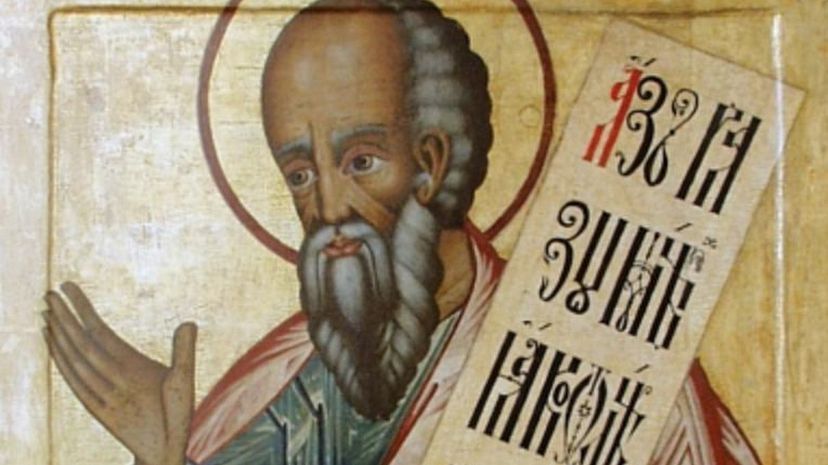
Zephaniah was one of the prophets of the Old Testament. His book warns people that the Lord will bring judgment upon Judah. He calls on people to repent and reassures them that God will show mercy.
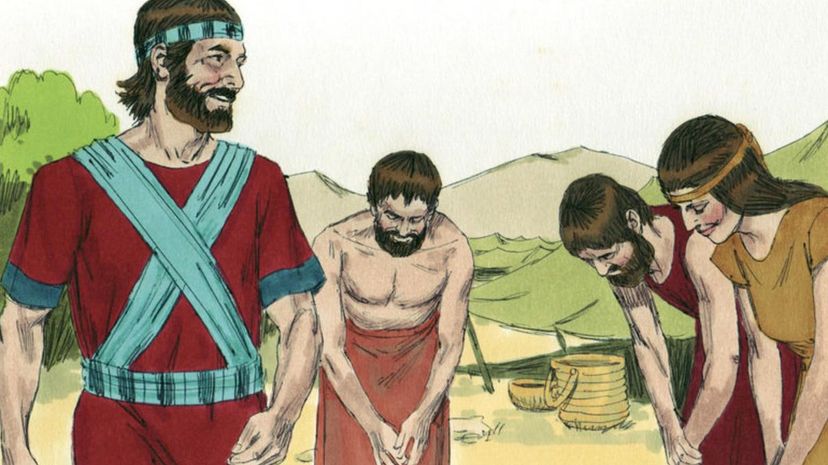
Joshua is a book of the Old Testament that describes how God's people finally enter the Promised Land. After escaping from slavery and spending 40 years in the desert, they finally conquer Canaan.
Advertisement

The Book of Romans appears in the New Testament, after the Gospels and Acts. Written by the apostle Paul for a mostly non-Jewish audience, it provides the "good news" of Jesus' message.
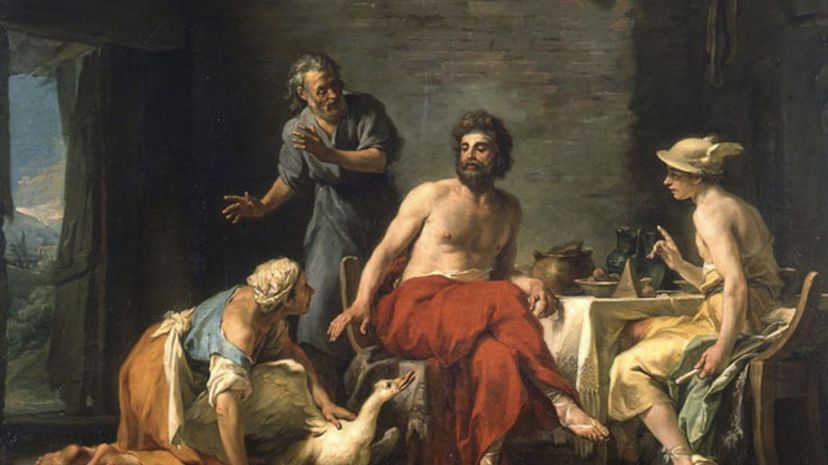
Yes, Philemon is a book of the New Testament. In it, Paul appeals to a slave-owner in Colosse named Philemon, asking him to forgive his runaway slave, Onesimus, who has become a Christian.

The Book of Ruth appears in the Old Testament and focuses on Ruth, an ancestor of Jesus. It describes the widow Ruth's loyalty to her mother-in-law and how she adopted Naomi's faith as her own.
Advertisement
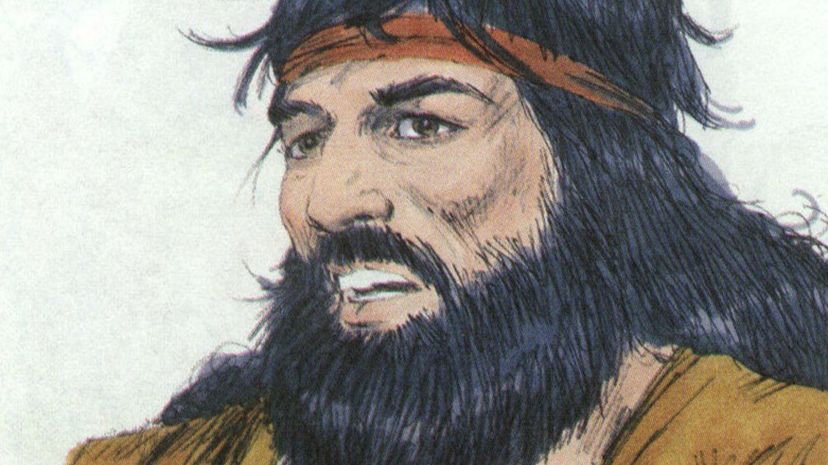
Indeed, there is a 3 John in the New Testament of the Bible! In this book, the apostle John praises Gaius for accepting his Christian missionaries and condemns Diotrephes for rejecting them.
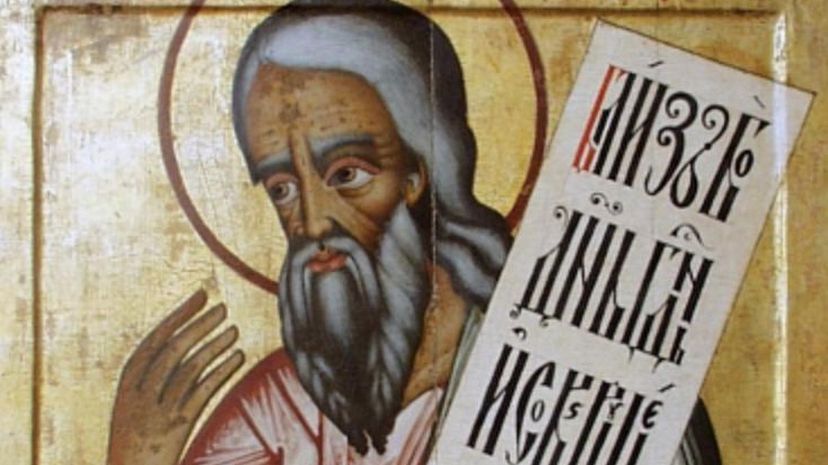
One of the prophets was Amos, who also worked as a shepherd. In this book, he warns Judah and Israel that God's judgment is coming and calls on the people to repent before it's too late.
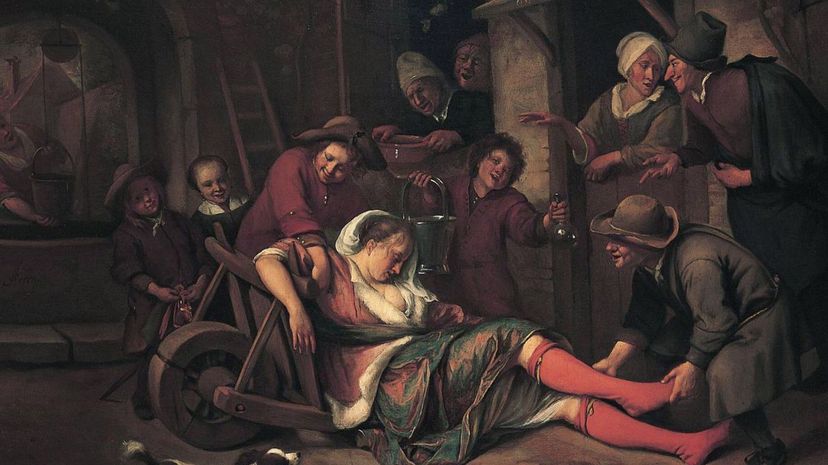
Proverbs appears in the Old Testament and is famous for its collection of wise sayings. Scholars are not certain who wrote the book, although many proverbs are attributed to King Solomon.
Advertisement

The second book of the Bible, Exodus tells of the Israelites' deliverance from slavery in Egypt. God sends Moses to free his people and lead them into the desert, where they receive the 10 Commandments.
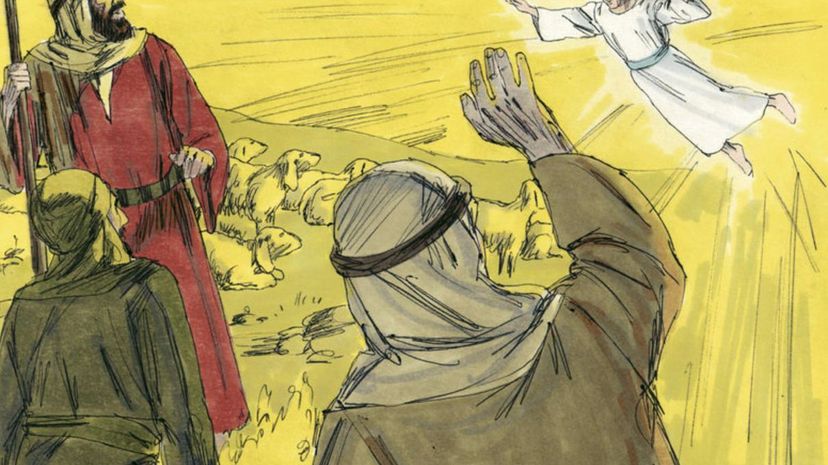
Luke is one of the four Gospels in the New Testament. It describes the life, teachings, death and resurrection of Jesus Christ. Luke is also notable for reaching out to Gentiles (non-Jews).

Ephesians is one of the New Testament books. The apostle Paul wrote the letter to the church in Ephesus, a city in what is now Turkey. In it, he discusses God's great plans for the Christian church.
Advertisement
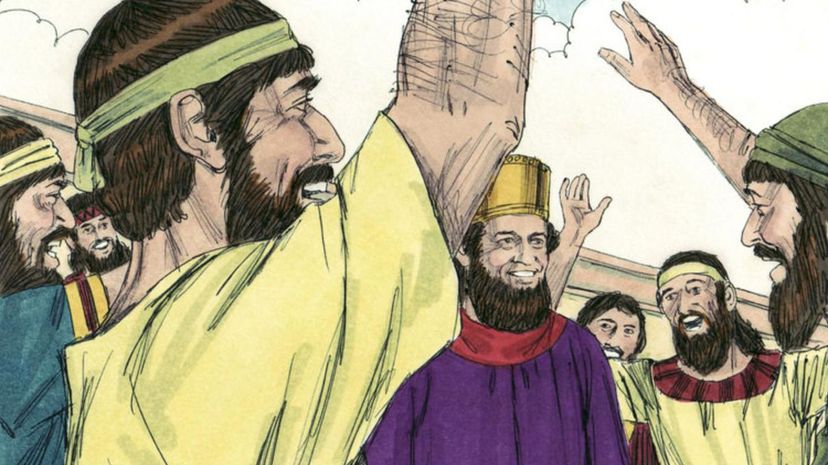
Esther is one of the Old Testament books, and one of the books named for a biblical woman. Esther was a Jewish woman who married the Persian king and saved her people from genocide.
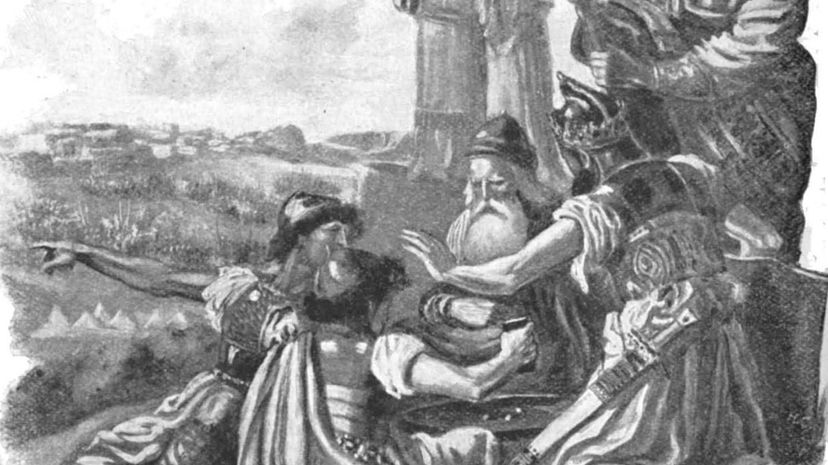
Obadiah is one of the books of the prophets found in the Old Testament. This book is also notable for being the shortest one in the Old Testament. In it, Obadiah warns Edom of impending judgment.
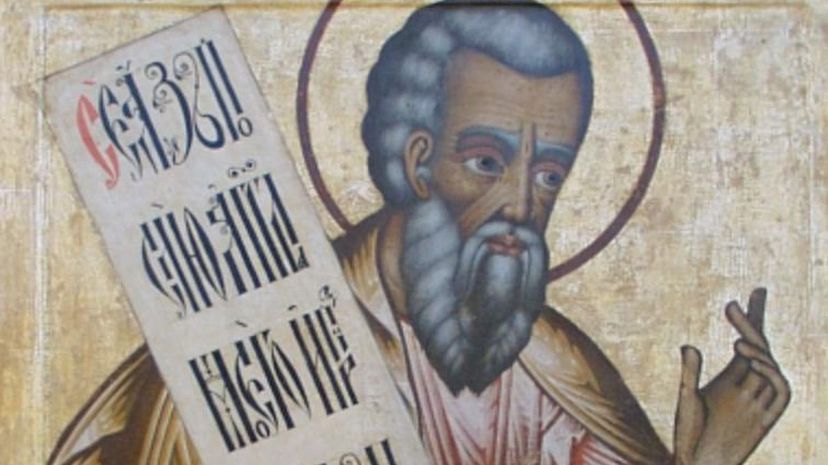
Malachi, the last book of the Old Testament, delivers a message of hope to the Israelites after their return from exile. The book asserts that God will come both to judge and to bless his people.
Advertisement
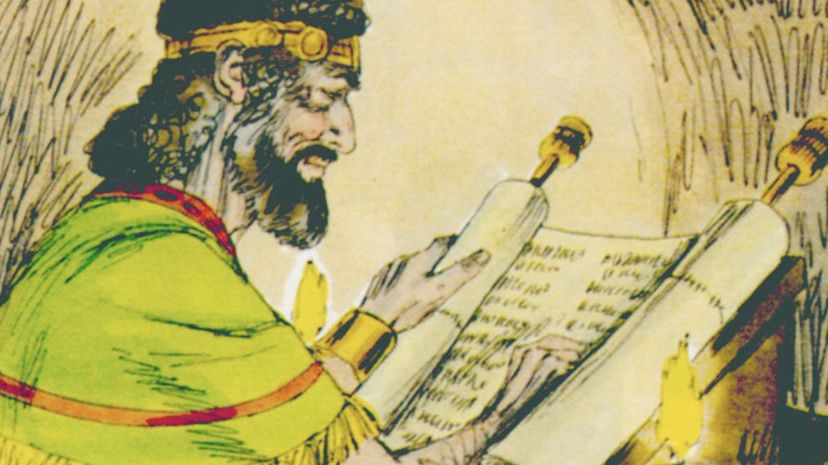
Psalms is one of the most well known books of the Bible because it contains often-quoted songs and poems, including the 23rd Psalm ("The Lord is my shepherd ..."). The book contains 150 psalms.

Indeed, Revelation (not "Revelations") is the last book of the New Testament. Written by John, it describes the final showdown between God and Satan and includes a lot of vivid imagery.
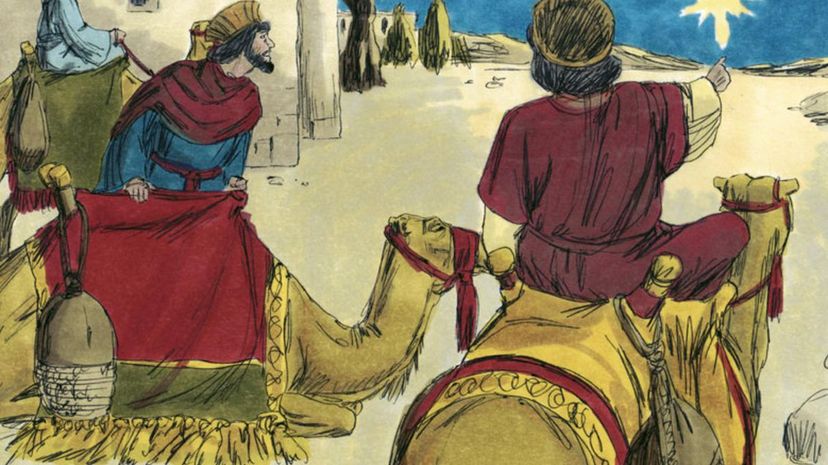
Matthew is the first of the Gospels to appear in the New Testament. The author, Matthew, focuses on showing how Jesus Christ fulfills the Old Testament's many prophesies of a Messiah.
Advertisement
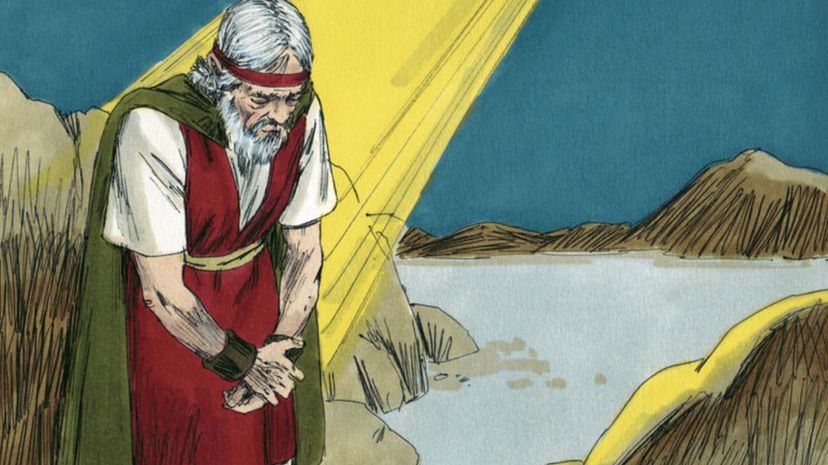
The last book of the Pentateuch (the first five books of the Old Testament), Deuteronomy reminds readers of God's laws. It precedes the Israelites' entry into Canaan, the Promised Land.
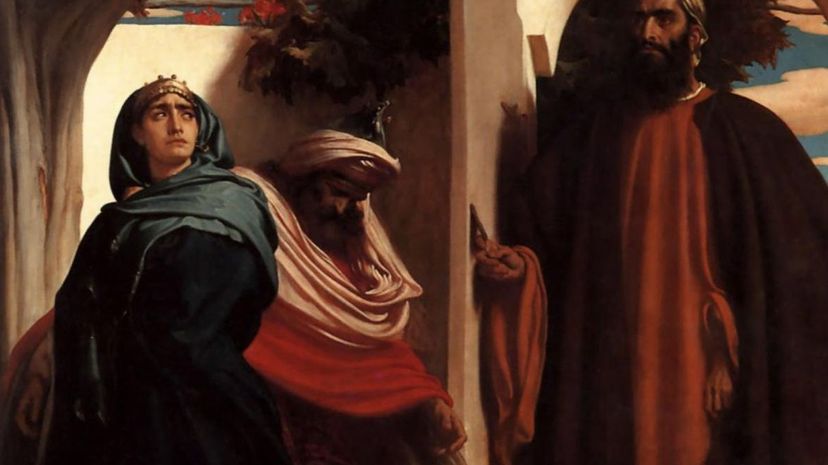
1 Kings, an Old Testament book, recounts the histories of the kings of Israel and Judah, including the wise King Solomon. It also details the ministry of the prophet Elijah during Ahab's reign.
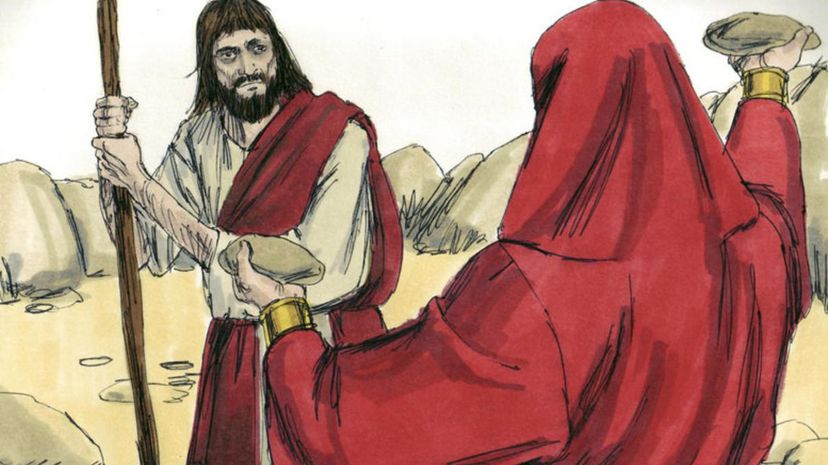
One of the four Gospels, Mark was most likely written for a Roman audience, because the author explains Jewish traditions and translates some Aramaic words that Jews would already know.
Advertisement

Acts of the Apostles (or simply Acts) appears after the Gospels and recounts the activities of the apostles after Jesus' death and resurrection. It describes the early years of the church.
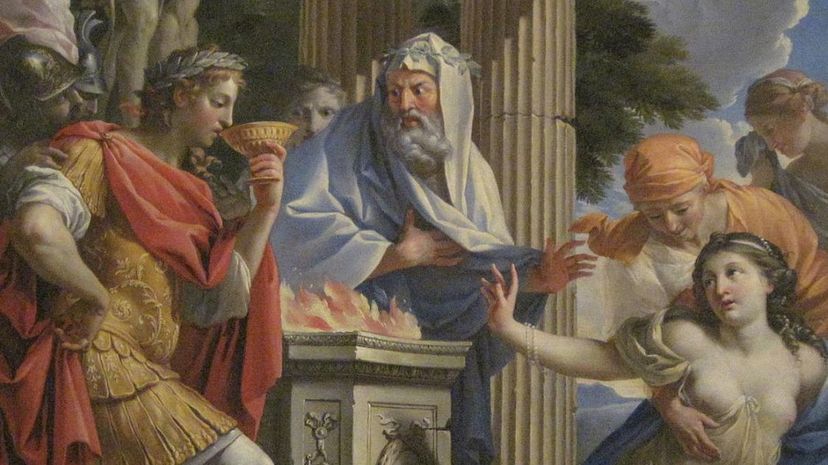
Galatians is one of Paul's letters to Christian communities. In this one, he addresses the Galatians and asserts that Christians are saved by faith alone - a tenet espoused by Martin Luther.

One of the books of the New Testament, Titus is a letter from Paul to his fellow missionary, Titus. Paul wrote the letter to give Titus instructions on how to preach to the people of Crete.
Advertisement
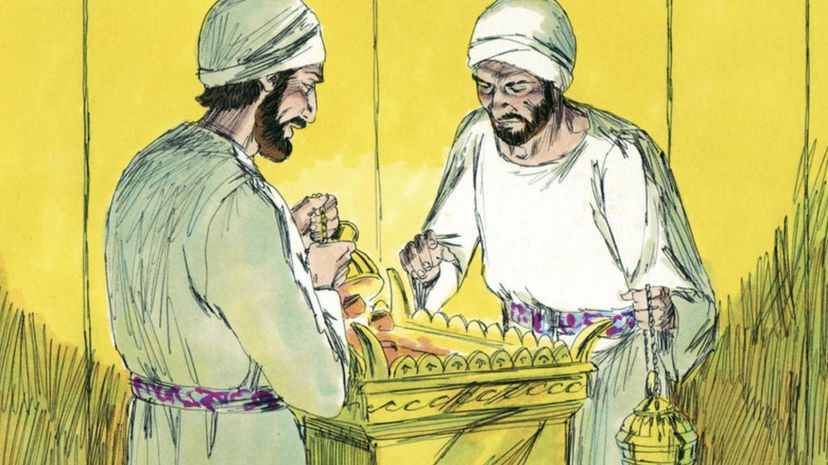
Leviticus is the third book of the Old Testament. It was written to give the Levites, or priests, instructions for properly worshiping God - and guiding the Israelites to do the same.
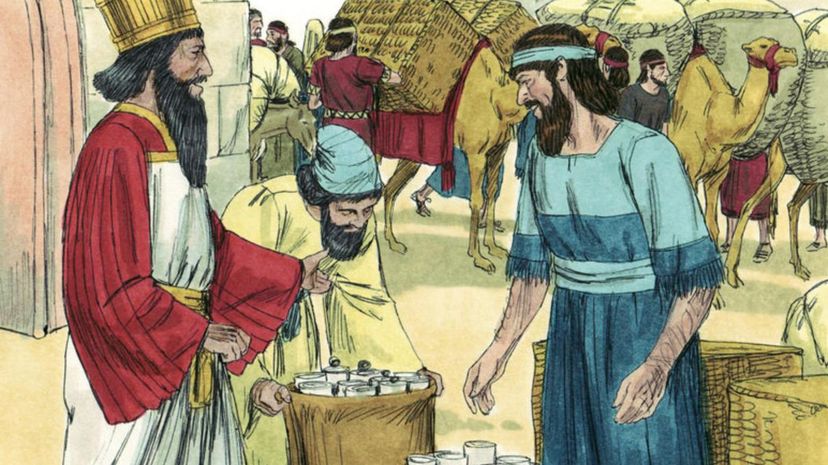
Indeed, Ezra was one of the prophets whose book appears in the Old Testament. The book describes how God's people come out of exile and restored the temple in Jerusalem. Ezra also names some religious reforms.
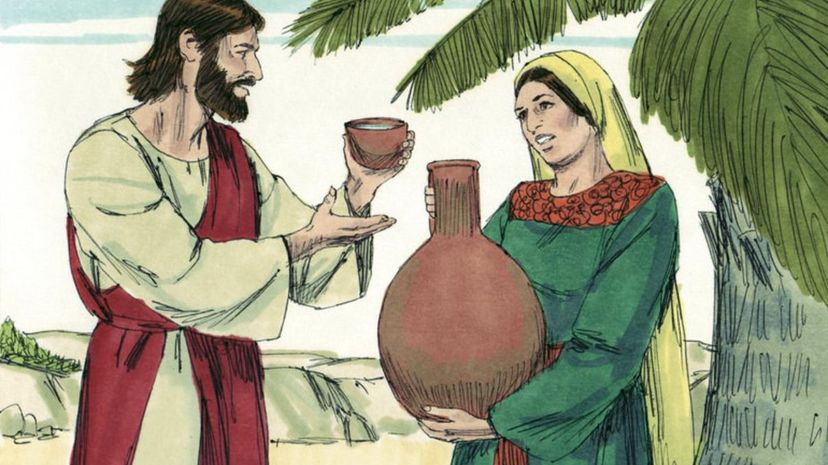
Written by the apostle, John is the last of the four Gospels. In fact, John differs from the other three (the "synoptic" Gospels) by focusing on different aspects of Jesus' life and ministry.
Advertisement
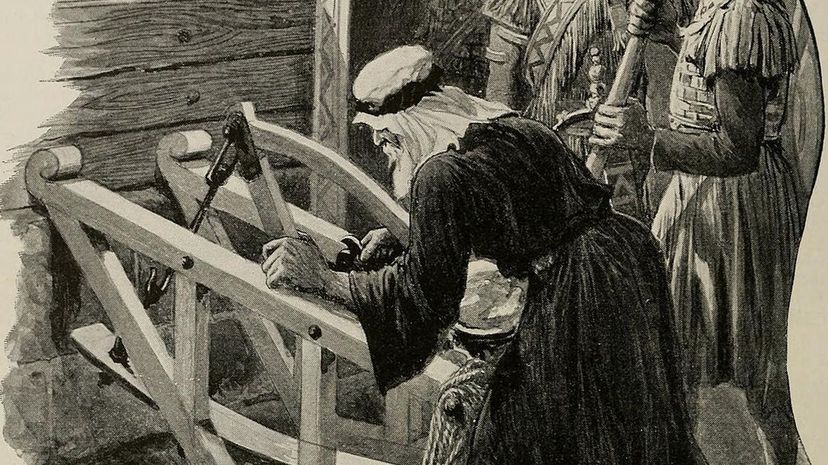
Scholars are not certain who wrote Ecclesiastes - Solomon is one theory. But the book ponders the nature of life, death and human experience, and the futility of trying to understand it.
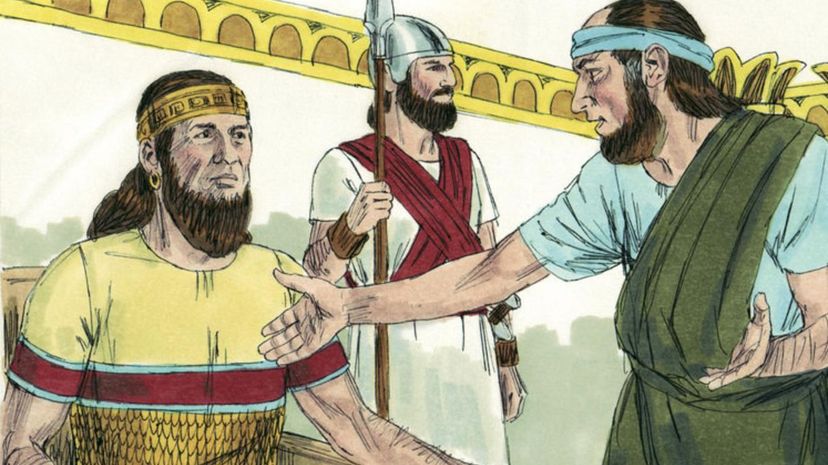
One of the best known of the prophets, Isaiah foretells the fall of Judah and the Babylonian captivity. Lest the Israelites give up hope, he also predicts the restoration of Jerusalem.
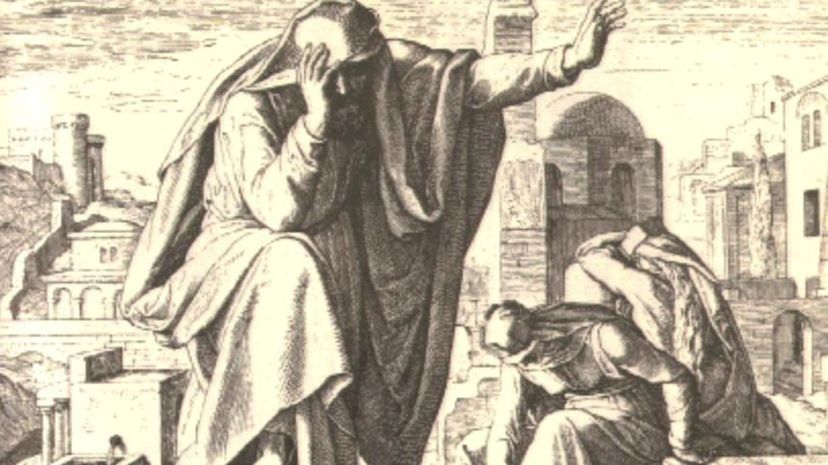
The Book of Lamentations appears in the Old Testament, and its title is apt, because it includes poetic, mournful passages about the Babylonian destruction of Jerusalem in 586 BC.
Advertisement

Daniel was a prophet during the Babylonian captivity. In the book, Daniel and his friends escape death in a fiery furnace and in a lion's den because of their unflagging faith in God.

1 Corinthians contains the verses popular at weddings: "Love is patient, love is kind ..." Paul wrote 1 and 2 Corinthians to the church in Corinth to clarify the Christian teachings.